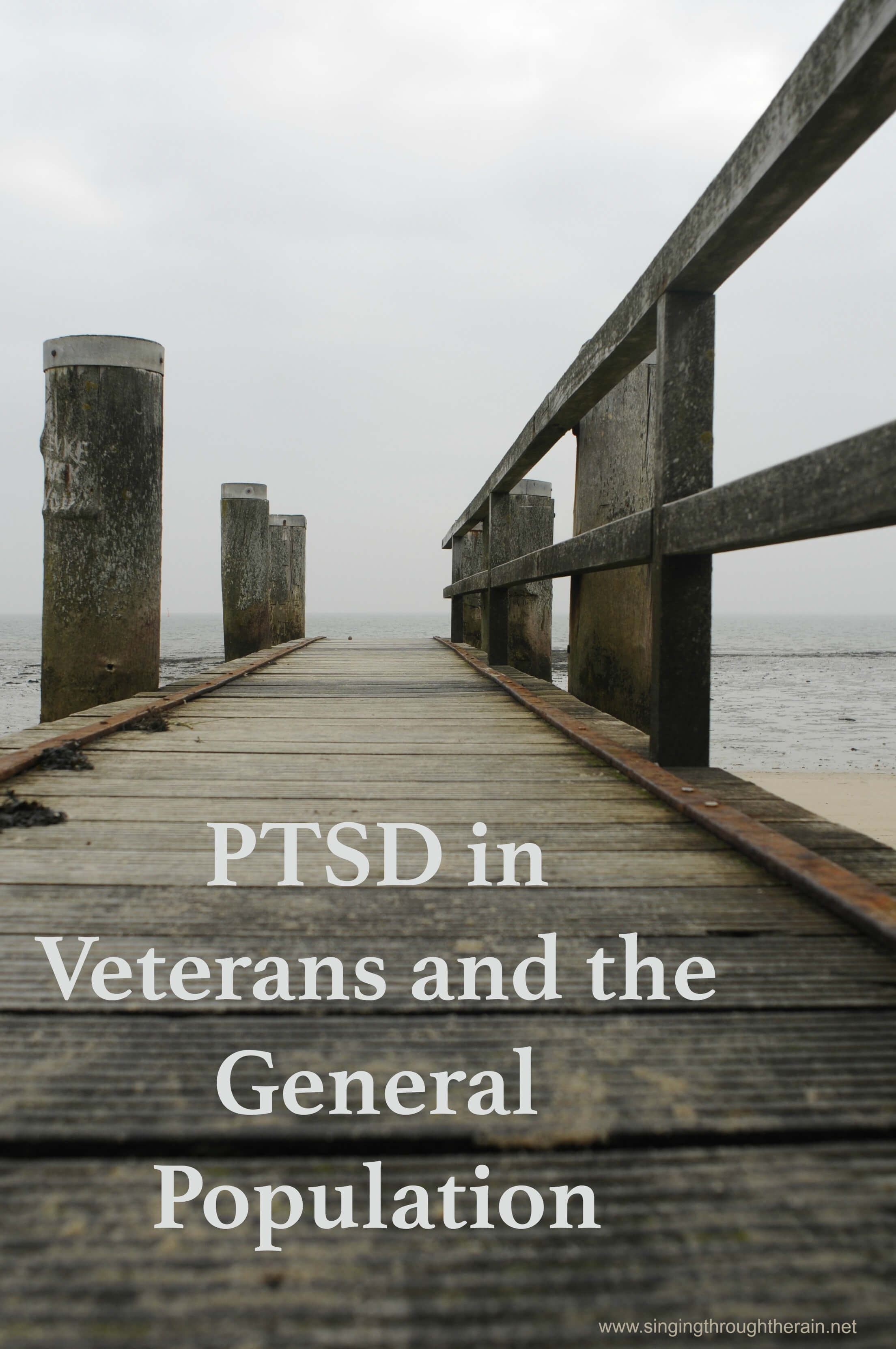PTSD: What Military Families Need to Know
Note: I may earn money or products from the companies, products, or links mentioned in this post.
If you or a loved one is part of the military you’ve probably heard of post-traumatic stress disorder. This illness, which is characterized by flashbacks, depression and other types of psychological distress, has affected countless US soldiers, and can result in complications that affect entire families and social circles. Thankfully, though, an awareness of PTSD can promote a better understanding of this illness, as well as more effective treatment.
Keep reading for more on PTSD, including information regarding symptoms, complications and available treatment options.
John Gomez | Dollar Photo Club
What is PTSD?
In simple terms, PTSD is a mental health condition that is triggered by a traumatic event. For soldiers and other military personnel, PTSD often occurs following combat or active duty, as well as a result of intensive training and other military practices. What’s more, PTSD can occur to individuals who experience a traumatic event, as well as to those who merely witness it. It’s important to note that, while many people report difficulties returning to normal activities following trauma or distress, those with PTSD experience specific symptoms that often get worse over time, and have a significant impact on health and quality of life. In most cases, these symptoms appear within a few months of witnessing or experiencing a traumatic event, but may not appear until years later.
The symptoms of post-traumatic stress disorder typically include the following:
- Flashbacks, which are characterized by a mental reliving of the event or trauma in question.
- Recurring, and often disturbing, memories of the event.
- Anger, irritability or aggression. In some cases, individuals with PTSD are prone to violent outbursts and other aggressive behaviors.
- Difficulties concentrating, as well as problems at work, school or other daily activities.
- Extreme reactions to events, people or situations that remind the individual of the traumatic event.
- Recurring dreams of the traumatic event. Some individuals with PTSD also report night terrors, insomnia and other sleep disturbances.
- Problems within relationships.
- Overwhelming feelings of guilt, shame, sadness and anxiety.
Risks and Complications
Like most other mental health disorders, PTSD can lead to a number of complications, especially if left untreated. For example, it’s not uncommon for PTSD sufferers to self-medicate with drugs and alcohol, which increases the risks associated with addiction. In fact, patients with PTSD turn to drugs and alcohol in staggering numbers, with as many as 50% of patients reporting physical dependence to addictive substances. And while drugs and alcohol may help to suppress symptoms in the short-term, prolonged addiction can have an enormous impact on health and quality of life. Therefore, most rehabilitation centers, including young adult substance abuse treatment facilities, focus on addressing PTSD, depression, bipolar disorder and other underlying issues that contribute to drug use and addiction.
In addition to problems with drugs and alcohol, PTSD is associated with risks and complications like severe depression and anxiety, eating disorders, self-destructive behaviors and a heightened risk of suicide or self-harm.
Treating PTSD
Because of the severe symptoms and complications associated with this disease, post-traumatic stress disorder requires in-depth, comprehensive treatment. In most cases, methods like the following are effective at addressing symptoms, preventing complications and promoting enhanced psychological well-being:
- Cognitive therapy. This method involves learning to identify unhealthy thoughts and behaviors, and modifying them in the interest of recovery.
- Exposure therapy. This type of therapy encourages patients to face their fears through safe, limited exposure to events or situations similar to the initial trauma.
- Group therapy. Group therapy encourages open communication between peers, as well as shared support and accountability.
- Medications. In some cases, medications are used to address symptoms like depression, anxiety, insomnia, etc.
Although post-traumatic stress disorder is a serious, and often overwhelming, disorder, effective treatment is available. If you or someone you love is suffering from PTSD, seek immediate treatment, and start paving the way for a better, brighter future.
Jenny is a freelance writer second, and a busy mom first. When she’s not blogging about her children, she enjoys spending time with them in the sun or at the beach.









This is a very informative read. I recently wrote about a sailing charity here in the UK, which was set up to help military personnel returning from deployments:
http://themedthemadandthemod.com/2014/11/03/harnessing-the-healing-powers-of-the-sea-to-help-military-personnel-returning-from-operations/
I hope you enjoy my post; I have heard that the US has similar sailing charities, which you may want to consider referencing, if you think applicable!
Best wishes! Louise